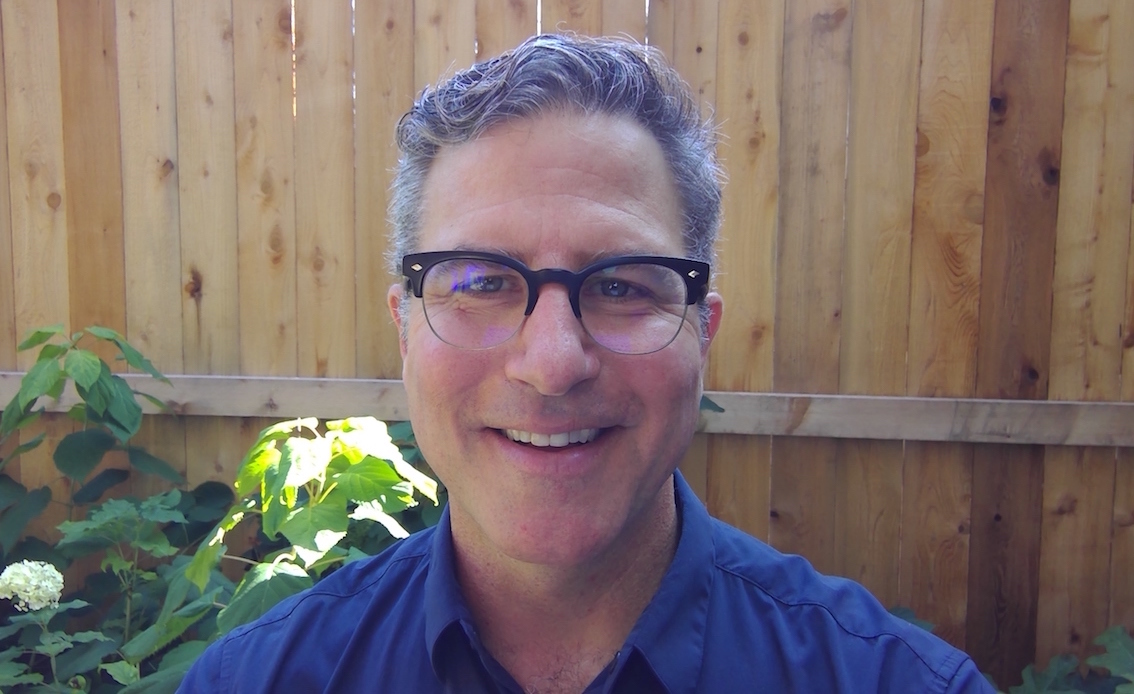Green coffee trading company Caravela Coffee has announced the appointment of Rich Futrell as sales manager for North America.
A Chicago native, Futrell founded the Third Place Coffeehouse in Raleigh, North Carolina, before eventually selling it to a customer and friend in 2004. The shop is still in business today. He then joined North Carolina-born Counter Culture Coffee as a manager for more than a decade. Futrell most recently spent three years at Genuine Origin before officially joining the Caravela team last month.
While Latin American coffee specialist Caravela now has nearly 200 employees representing more than a dozen nationalities — 90 percent of whom work in places where coffee is produced — Futrell will be based in Chicago, supporting the Caravela’s North American headquarters in North Carolina.
DCN recently caught up with Futrell, who just celebrated his 25th anniversary in the specialty coffee industry, as part of our ongoing “Three Questions” series.
(Note: Some answers have been shortened for clarity and style.)
DCN: What about coffee inspires you most?
RF: I’m inspired by a number of things about the industry, and one thing that inspires me most is the constant and continual teaching, learning and sharing of information that goes on. I’ve been studying, reading and creating in this industry for a quarter of a century and every single day I look forward to learning something new from my peers. I always talk about how I am “a lifer” in this industry, and it’s this continual exchange of information and ideas with other coffee professionals that keeps me in the industry. It could be an encounter with a barista who has been working for three months or a seasoned green buyer at a large roasting company — I freely share information with anyone (and everyone) I encounter and it’s typically a mutual exchange.
There is sense of “ego-lessness” that I really enjoy in my encounters with coffee people. Something really special happens when a couple of us start talking openly about coffee — a connection, an excitement about learning something new and sharing something in exchange. I really love it!
What about coffee troubles you most?
The economic viability of the entire supply chain, from seed to cup. I’ve been involved in buying and selling coffee from parchment to brewed beverage and everything in between. I’ve had the extreme privilege of slowly moving up (or down) the supply chain over decades, working hard to make a living at each stage and then moving on to the next, at which point I’ve served as a consultant to folks in the stage I just left.
For example, after 10 years of owning and operating a cafe, I was able to spend the next 10 years working for Counter Culture Coffee helping people design, build and operate cafes, drawing on my previous experience. I’ve been doing the same with green coffee for the past three years now, helping roasters choose coffee and strategize on everything from roast profiles to retail bag design, wholesale pricing and customer support strategies.
What is troubling to me is the constant downward push on prices that we all experience at every level. We all know that coffee needs to cost more at every stage of the supply chain so that all of our partners can make a sustainable living. When I started in coffee in 1994, I sold only Fair Trade Organic Coffee, working with Larry’s Beans in Raleigh to tell the story of why we all need to pay more for a cup of coffee. At Counter Culture, we worked hard to push prices up all along the supply chain with the goal of creating sustainable jobs for everyone from coffee pickers to farmers to export warehouse workers, baristas who need benefits, and independent coffeehouse owners who need to make a decent living. I’ll never forget talking to Peter Giuliano when I started at Counter Culture and hearing him talk about the goal of a $6 espresso. Now that I am seeing consumers pay $6 or more for SOE and not blinking an eye, I feel good about that mission making some progress.
However, the current situation on the ground at origin is dire and I feel a great sense of responsibility now that I work for Caravela to continue the mission of this company to help coffee producers in Latin America make sustainable incomes from coffee production, educating everyone we can about the supply chain in a super transparent way. Currently, we are taking a cost of production presentation on the road and it’s really eye opening.
What would you be doing if it weren’t for coffee?
I studied psychology and counseling in college and grad school. I learned a lot about effective communication and the power of listening, which has served me well working in sales, support and coffee education. I think I’d like to work in public policy at some point, maybe? The idea of digging into the political, legal and social fabric of our world to try to institute positive change is appealing. My “if I won the lottery” dream is to buy devastated land around the world and engage in re-wilding activities — everything from abandoned urban properties, golf courses, burned and overgrazed rain forest and polluted industrial sites. If I won a billion dollars, I’d go on a buying spree of polluted and forgotten properties and spend the next century re-wilding them.
Nick Brown
Nick Brown is the editor of Daily Coffee News by Roast Magazine.







Comment